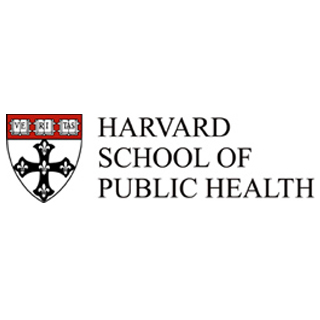
It is estimated that Trichomonas vaginalis affects nearly 174 million people worldwide every year. Also, it is known to be the most common non-viral sexually transmitted infection. Furthermore, it could possibly infect the prostate and could perhaps be a source of inflammation.
“Prostate cancer is the most common cancer among men in western countries, and the second leading cause of cancer-specific mortality. Identifying modifiable risk factors for the lethal form of prostate cancer offers the greatest opportunity to reduce suffering from this disease,†says study lead author, Jennifer Stark, an HSPH expert.
Apparently, one possible risk factor is inflammation, which appears to play a crucial role in the development and progression of prostate cancer. However, the source of inflammation of the prostate may perhaps be unclear. Since this infection may not have any symptoms, up to three-quarters of men infected with it could possibly be unaware about it, which makes it difficult in preventing the cancer.
A previous study had found an association between risk of prostate cancer and Trichomonas vaginalis infection. However, the relation seems to have been not large enough to identify if there was a link between the infection and advanced and deadly disease.
During the present study, experts analyzed blood samples from approximately 673 men with prostate cancer who were participants in the Physicians’ Health Study. They were noted to have compared infection status based on antibody levels to nearly 673 control subjects who were not diagnosed with prostate cancer. The blood samples were collected in 1982, on average a decade before cancer diagnosis.
The findings revealed that Trichomonas vaginalis infection seems to have been associated with a more than two-fold increase in the risk of prostate cancer. Supposedly, at the time of diagnosis, this cancer was at an advanced stage. Also, nearly three-fold increase in prostate cancer could possibly lead to death.
Senior author of the study Lorelei Mucci, assistant professor in the department of epidemiology at HSPH, stated that, “The fact that we found a strong association between serologic evidence of infection with Trichomonas vaginalis, a potentially modifiable risk factor, and risk of advanced and lethal disease represents a step forward in prostate cancer, especially given that so few risk factors for aggressive prostate cancer have been identified.â€
The authors were of the opinion that further analysis may be required to confirm the findings. If confirmed, the findings from the large-scale, prospective study may possibly identify infections as one of the few recognized modifiable factors for aggressive prostate cancer.
Moreover, since the infection could perhaps be easily treated with an inexpensive antibiotic regimen, the study suggests that prevention or early treatment of Trichomonas vaginalis infection could be a goal for preventing prostate cancer.
The findings of the study have been published in the online Journal of the National Cancer Institute.
